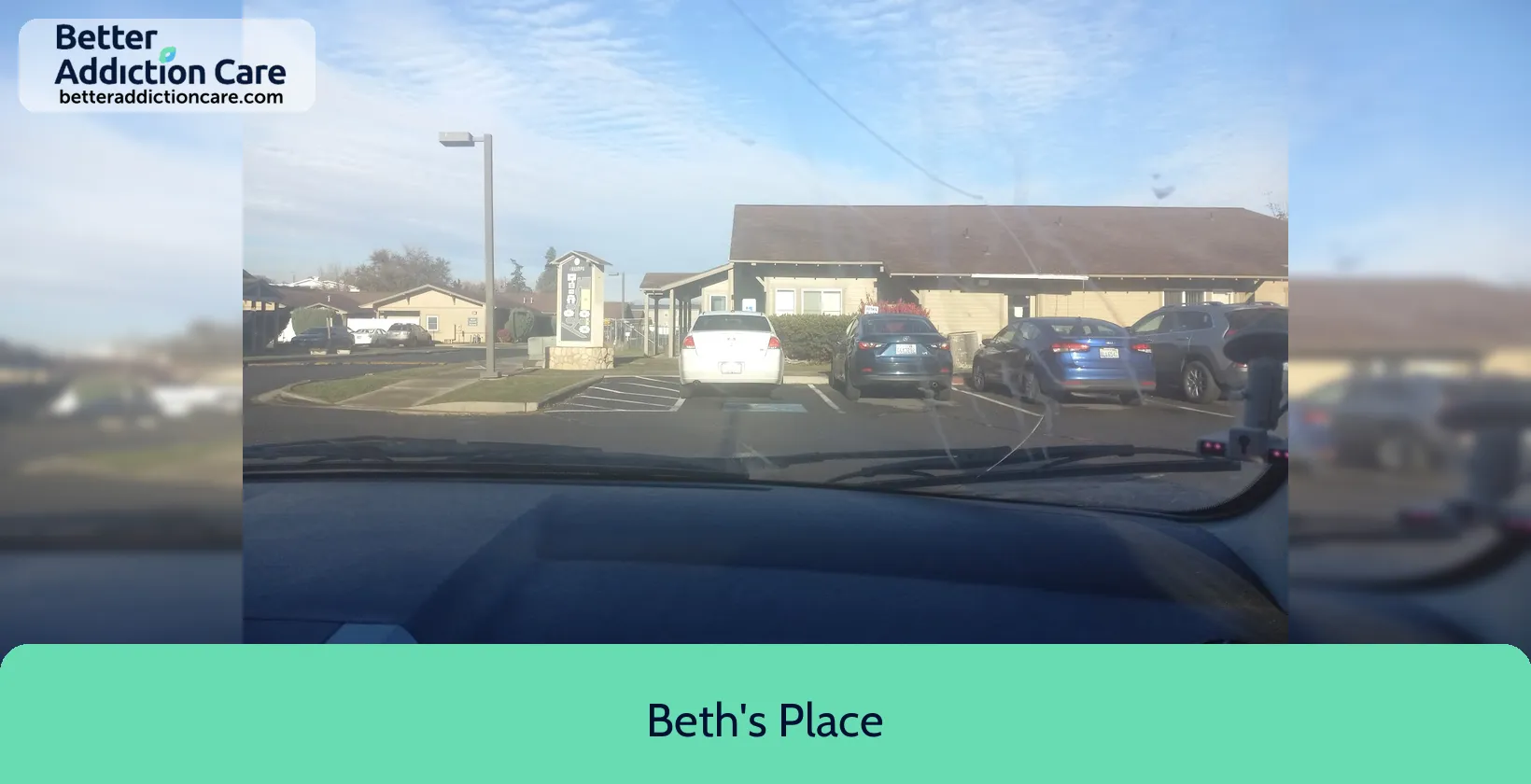Comprehensive Healthcare - Crisis Triage Center (Detox)

Overview
Comprehensive Healthcare - Crisis Triage Center (Detox) is a substance abuse treatment center for people seeking treatment near Yakima County. As part of their treatment modalities for recovery, Comprehensive Healthcare - Crisis Triage Center (Detox) provides family counseling, individual psychotherapy, and group counseling during treatment. Comprehensive Healthcare - Crisis Triage Center (Detox) is located in Yakima, Washington, accepting cash or self-payment for treatment.
Comprehensive Healthcare - Crisis Triage Center (Detox) at a Glance
Payment Options
- Cash or self-payment
- Private health insurance
- Medicaid
- Medicare
- Federal military insurance (e.g., TRICARE)
Assessments
- Comprehensive mental health assessment
- Comprehensive substance use assessment
- Screening for tobacco use
- Screening for mental disorders
- Screening for substance use
Age Groups
- Children/adolescents
- Young adults
- Adults
- Seniors
Ancillary Services
- Case management service
- Suicide prevention services
- Mental health services
- Social skills development
- Transportation assistance
Highlights About Comprehensive Healthcare - Crisis Triage Center (Detox)
6.76/10
With an overall rating of 6.76/10, this facility has following balanced range of services. Alcohol Rehabilitation: 8.00/10, Drug Rehab and Detox: 6.31/10, Insurance and Payments: 6.00/10, Treatment Options: 6.73/10.-
Alcohol Rehabilitation 8.00
-
Treatment Options 6.73
-
Drug Rehab and Detox 6.31
-
Insurance and Payments 6.00
Accreditations
The Joint Commission:

The Joint Commission accreditation signifies that a facility has met rigorous standards of excellence in patient care, treatment, and safety. It assures individuals and healthcare professionals that the accredited facility provides high-quality, evidence-based care for addiction and mental health issues, fostering trust and confidence in their services.
State department of health:

Government agencies issue State Licenses, granting rehabilitation organizations permission to operate their businesses lawfully within specific geographic regions. The specific licenses needed for legal operation are typically determined by the type of rehabilitation program offered by the facility and its physical location.
Treatment At Comprehensive Healthcare - Crisis Triage Center (Detox)
Treatment Conditions
- Mental health treatment
- Alcoholism
- Substance use treatment
- Co-occurring Disorders
Care Levels
- Intensive outpatient treatment
- Detoxification
- Aftercare
- Outpatient
- Hospital inpatient treatment
Treatment Modalities
- Family counseling
- Individual psychotherapy
- Group counseling
- Substance use disorder counseling
- Intervention Services
Ancillary Services
Languages
- Spanish
- Sign language services for the deaf and hard of hearing
Additional Services
- Pharmacotherapies administered during treatment
- Mentoring/peer support
- Breathalyzer or blood alcohol testing
Get Help Now
Common Questions About Comprehensive Healthcare - Crisis Triage Center (Detox)
Contact Information
Other Facilities in Yakima

7.23

6.68

6.59

6.99

6.96

7.35

7.35

7.28
DISCLAIMER: The facility name, logo and brand are the property and registered trademarks of Beth's Place, and are being used for identification and informational purposes only. Use of these names, logos and brands shall not imply endorsement. BetterAddictionCare.com is not affiliated with or sponsored by Beth's Place.
